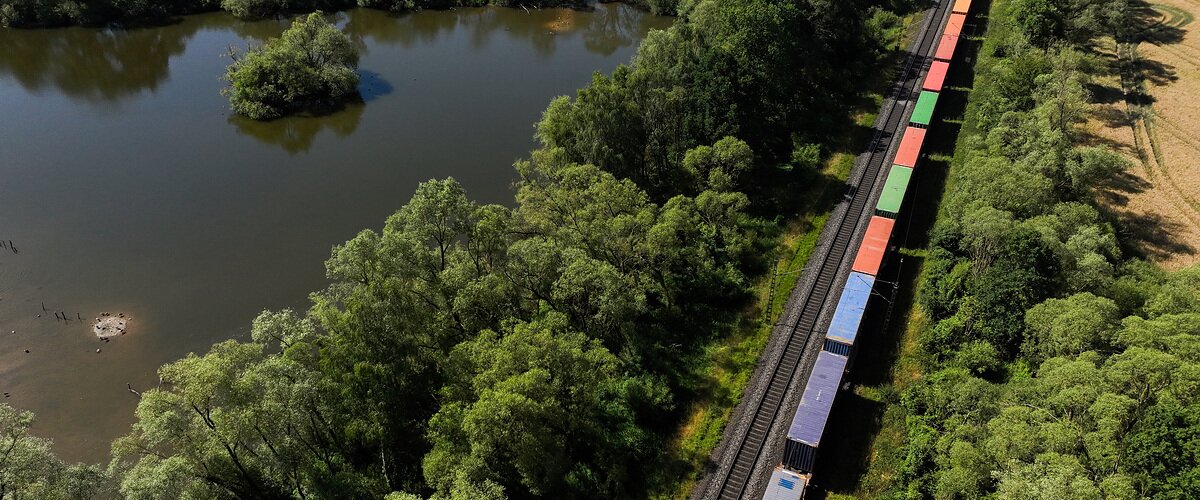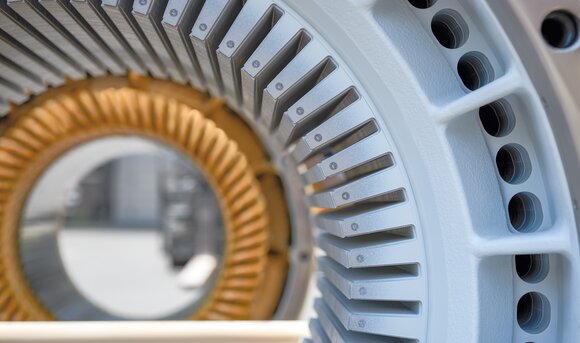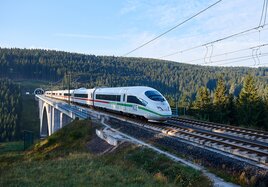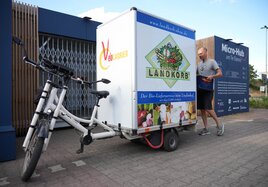Today, transport operations cannot always be carried out by rail entirely. Deutsche Bahn therefore offers its freight customers a CO2e-neutral solution for their international transports.
With the Climate+ offer, DB Cargo ensures that 100 percent renewable power or HVO is used, depending on the route and the demands. The remaining CO2e emissions caused by transport – for example by a pre-carriage or onward carriage by truck - are offset by supporting selected sustainability projects around the world. For this purpose, DB Cargo calculates the CO2e emissions of the entire transport chain. The promotion of climate protection projects thus complements the use of renewable power and biofuel.
Strict quality standards for more climate protection
All sustainability projects selected as part of Climate+ meet strict quality standards. DB Cargo, together with DB Energie, invests in high-quality offsetting certificates (VERs and selected CERs) from projects that are certified according to strict standards such as VCS + Social Carbon/CCBS or Gold Standard. The selected projects promote, for example, the expansion of renewable energies and thus contribute to reducing CO2e emissions. Sustainable development in the project regions is also strengthened through technology transfer and the establishment of local economic structures. This benefits both residents and companies in the region.




